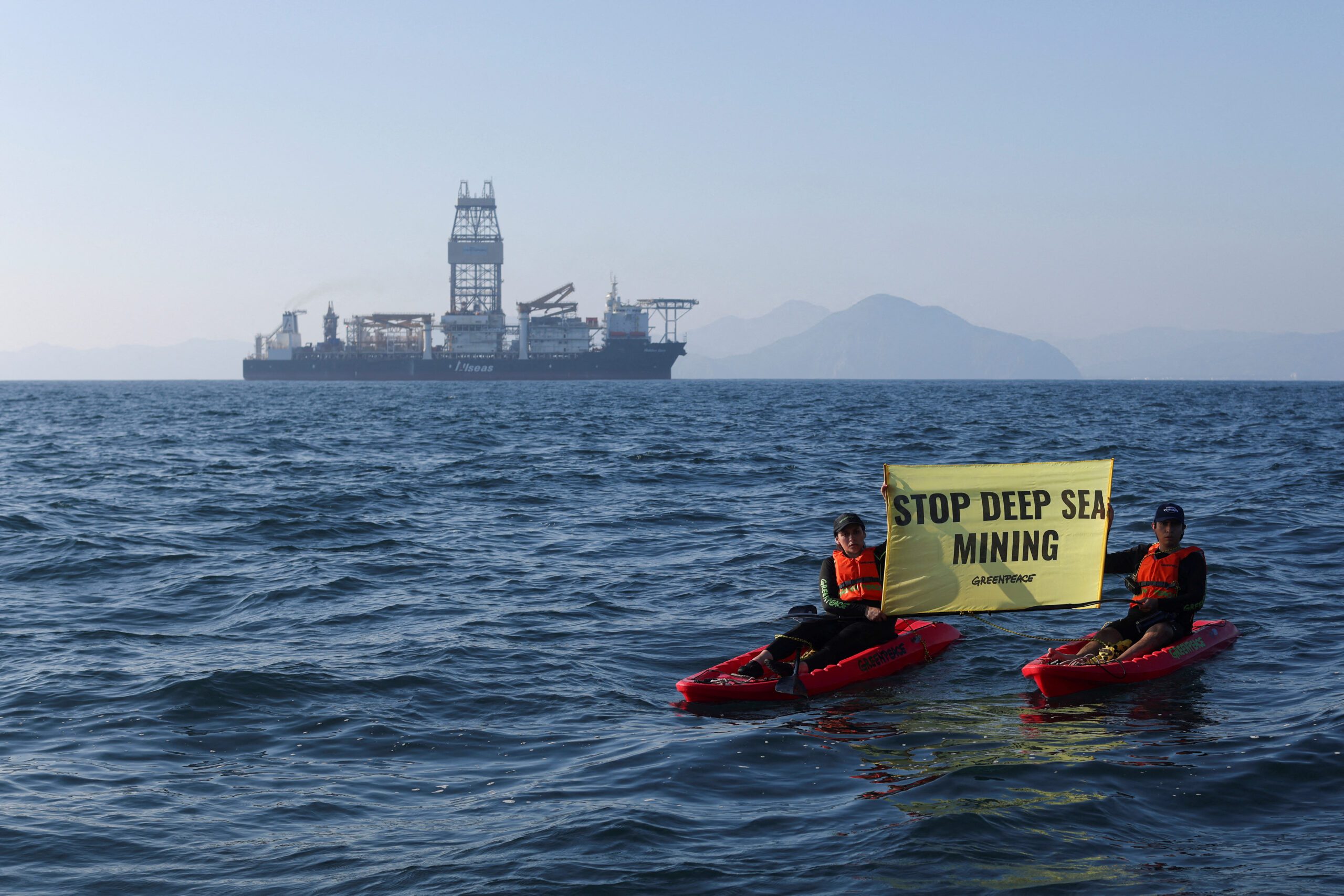The Department of the Interior has announced a new rule aiming to ensure that costs related to the decommissioning of offshore platforms are covered by the oil and gas industry, not American taxpayers.
The new ruled, developed by the Bureau of Ocean Energy Management (BOEM), marks a significant change to two-decades-old regulations and considerably strengthens the financial assurance requirements for offshore oil and gas operations on the U.S. Outer Continental Shelf (OCS).
The decommissioning of oil and gas facilities on the OCS is costly, and if companies do not fulfill their obligations, the financial burden can fall on American taxpayers. The Government Accountability Office (GAO) found that previous practices did not effectively ensure that operators met decommissioning deadlines, potentially leaving taxpayers to cover the costs.
To address these concerns, the final rule, known as the Risk Management and Financial Assurance for OCS Lease and Grant Obligations, amends existing regulations and significantly increases the level of financial assurances that operators must provide in advance, reducing the financial risks associated with OCS development.
“The American taxpayer should not bear the responsibility when oil and gas companies fail to clean up after their operations,” said Secretary Deb Haaland. “The Interior Department is committed to ensuring the federal oil and gas leasing program is implemented fairly and transparently.”
Principal Deputy Assistant Secretary for Land and Minerals Management, Dr. Steve Feldgus, said the new rule modernizes the oil and gas leasing program to safeguard taxpayers’ interests. “For too long, the federal government has not ensured accountability for offshore oil and gas companies,” he said.
The rule introduces two metrics for assessing a company’s risk to American taxpayers: the financial health of a company and the reserve value. The rule simplifies the factors used to determine a company’s financial strength, relying on a credit rating from a Nationally Recognized Statistical Rating Organization or an equivalent proxy credit rating. The reserve value compares the current value of the remaining proved oil and gas reserves on the lease to the estimated cost of meeting decommissioning obligations.
Under the new rule, BOEM estimates the industry will need to provide $6.9 billion in new financial assurances to protect taxpayers from decommissioning costs. To provide flexibility, the new rule allows lessees and grant holders to request phased-in payments over three years to meet these new financial assurance requirements.
Companies lacking an investment-grade credit rating or sufficient proved reserves will be required to provide additional financial assurance.
“The offshore oil and gas industry has significantly evolved over the last 20 years, and our financial assurance regulations must keep pace,” said BOEM Director Elizabeth Klein.
The final rule follows a proposed rule issued by BOEM in June 2023, which received more than 2,000 public comments, shaping its development.

 Join The Club
Join The Club










